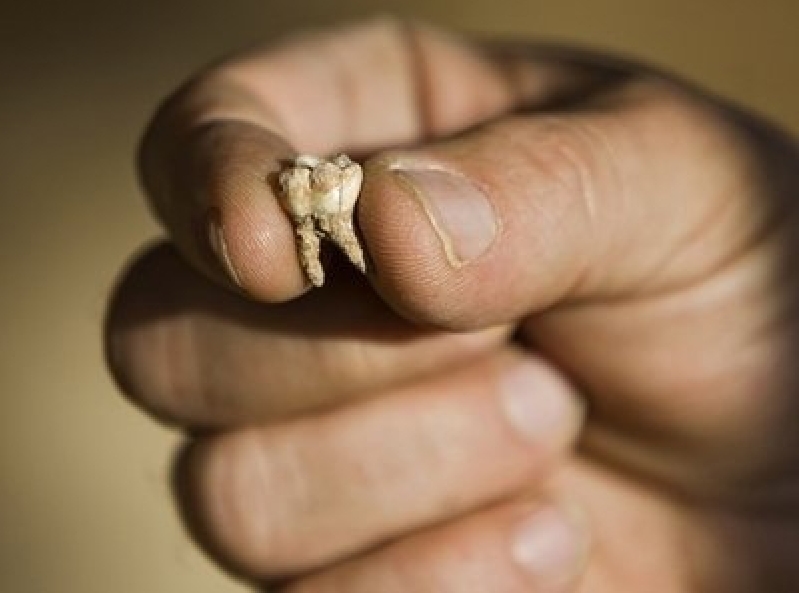
A newly published report reveals that recently discovered human remains in a cave in central Israel may be the earliest evidence for the existence of modern man.
Archaeologists from Tel Aviv University found eight teeth in Qesem Cave. The team said the discovery challenges theories of the origin of humans.
Avi Gopher, who led the team, told Agence France-Presse that it calls into question the widely held view that modern humans originated in Africa.
Until now, the earliest remains of modern man, or Homo sapiens, were 200,000 years old and found in East Africa.
The teeth found in Israel are about 400,000 years old.
"It's very exciting to come to this conclusion," Gopher said, as reported by The Associated Press. "This changes the whole picture of evolution."
The teeth were found in 2006 in deep layers of the Qesem cave. The findings were just published this month in the "American Journal of Physical Anthropology."
Though some speculate that the remains are likely related to the now extinct Neanderthals, the report in the journal states that none of the Qesem teeth "shows a suite of Neanderthal characters," though "a few traits may suggest some affinities with members of the Neanderthal evolutionary lineage."
"However, the balance of the evidence suggests a closer similarity with the Skhul/Qafzeh dental material," the report states. Skhul and Qafzeh are sites in Israel where fossils of early modern Homo sapiens were found.
Gopher's team is continuing their dig at the cave. Gopher is confident they will find skulls and bones that could confirm that the teeth are the remains of modern man.







